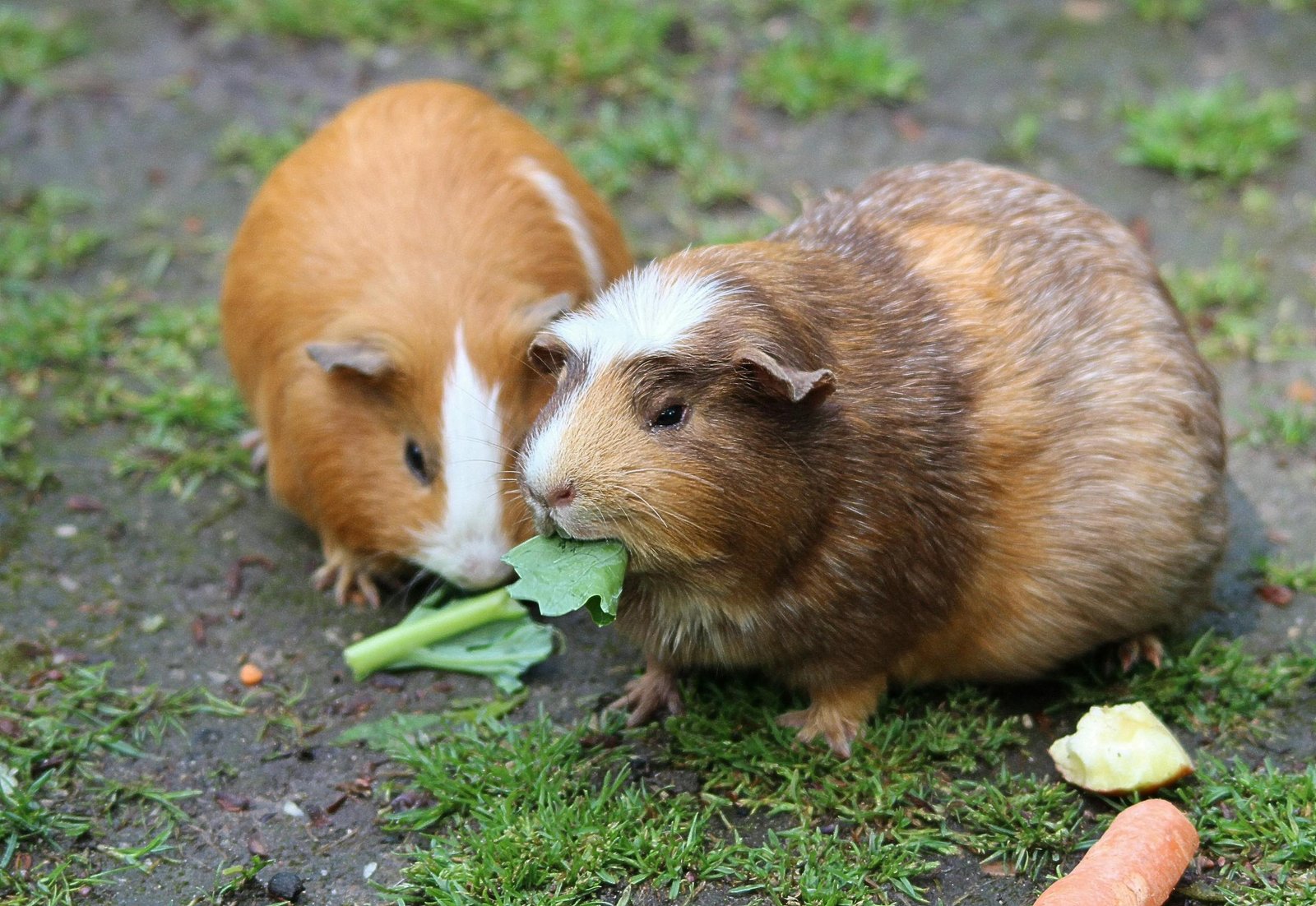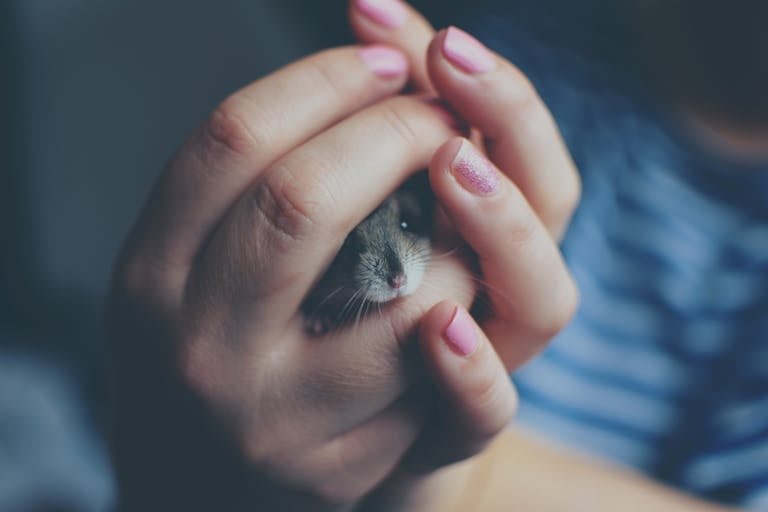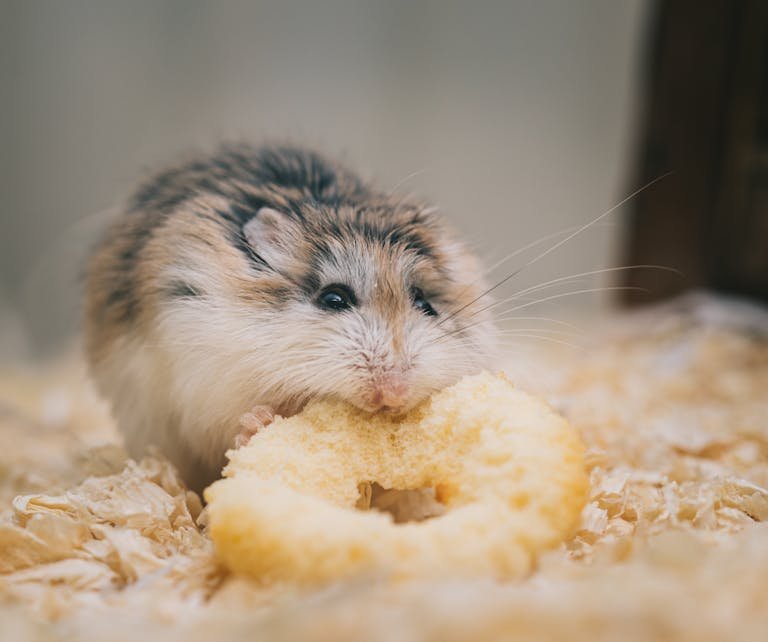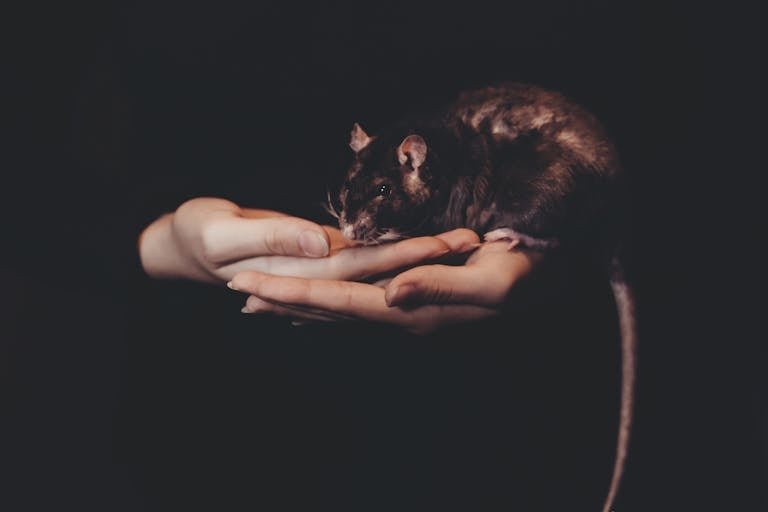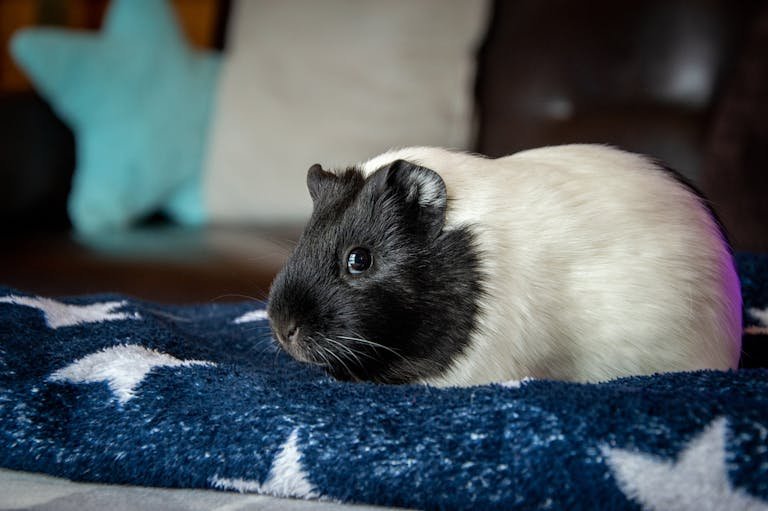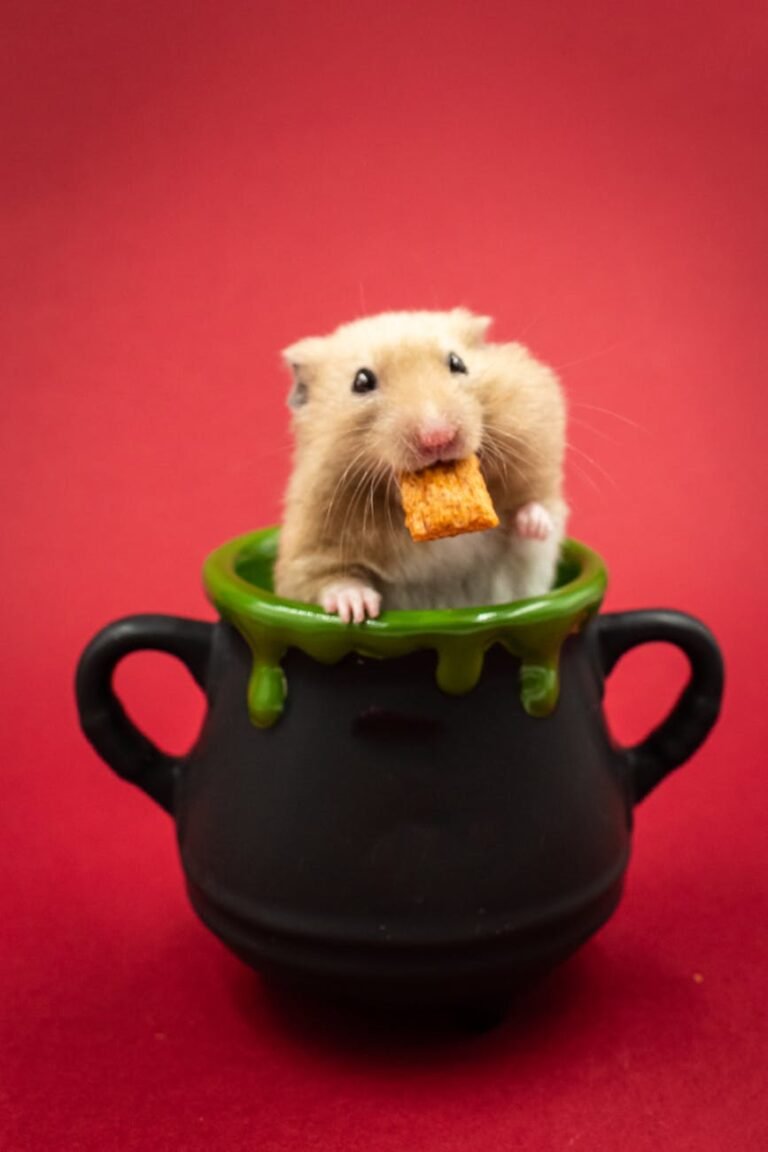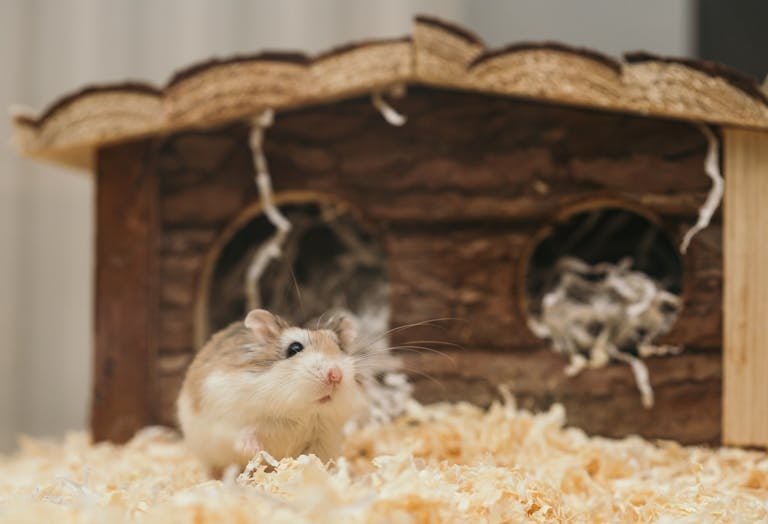Essential Care Tips for Your Guinea Pig: Nutrition, Housing, and Social Needs
Guinea pigs are delightful companions known for their friendly personalities and playful nature. To ensure your furry friend thrives, it’s essential to provide the right care, including proper nutrition, a suitable living environment, and plenty of social interaction.
Nutrition
- Fresh Hay
- Always provide unlimited access to high-quality hay, such as timothy hay or meadow hay. This is vital for digestion and helps keep your guinea pig’s teeth healthy.
- Fresh Vegetables
- Offer a variety of leafy greens daily, including romaine lettuce, coriander, and bell peppers. Avoid iceberg lettuce and starchy vegetables, which can upset their digestive system.
- Pellets
- Use guinea pig-specific pellets that are fortified with vitamin C. Follow the feeding guidelines on the packaging to ensure you’re giving the right amount.
Housing
- Cage Size
- Choose a spacious cage with a minimum size of 7.5 square feet for one guinea pig. If you have more than one, larger spaces are ideal to prevent squabbles.
- Bedding
- Opt for absorbent bedding materials like paper-based bedding or aspen shavings. Avoid cedar or pine shavings, as these can be harmful to your pet’s health.
- Hiding Places
- Include tunnels, igloos, or boxes in the cage. Providing hiding spots allows your guinea pig to feel safe and encourages natural behaviours.
Social Needs
- Companionship
- Guinea pigs are social animals that thrive in pairs or small groups. Consider adopting at least two to prevent loneliness and promote bonding.
- Interaction
- Spend time daily interacting with your guinea pig. Handling, petting, and allowing them to explore outside their cage can strengthen your bond and help them feel secure.
Conclusion
By providing proper nutrition, a comfortable living space, and regular social interaction, you’ll help your guinea pig lead a happy and healthy life.

